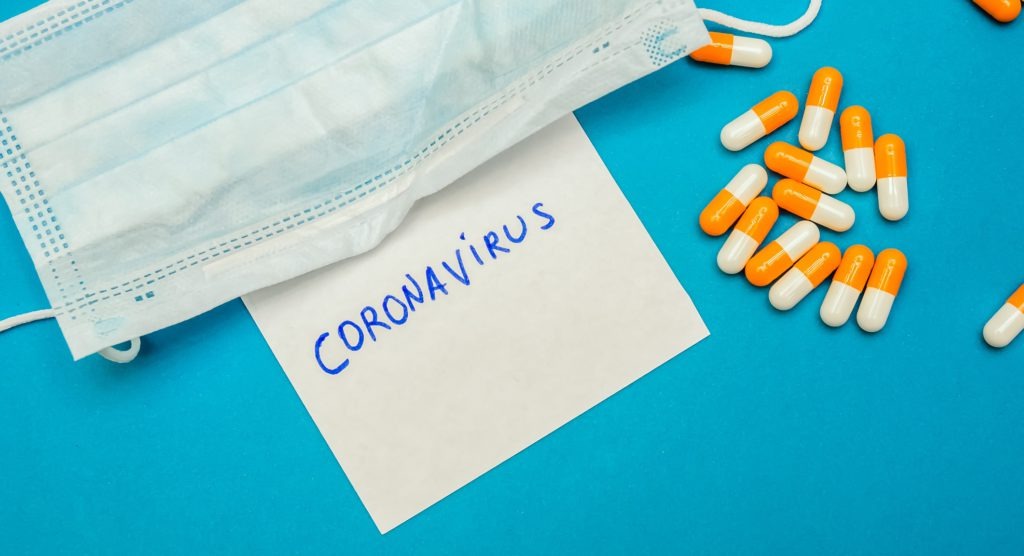Planning the automotive industry’s COVID-19 comeback
14 May 2020

14 May 2020
ACEA and CLEPA have called on the European Commission to coordinate national fleet-renewal schemes across the region. They wanted to ensure market conditions are harmonised across Europe and to supplement these with the EU budget.
The call came when key figures from across the automotive industry, met with the European Commission to establish their priorities for a recovery plan to take the automotive industry out of the lockdown phase of the Covid-19 pandemic and beyond. By doing this, the group looks to stimulate the wider economy while bolstering the move to a carbon-neutral society.
Frans Timmermans, the Commission’s executive vice-president for the Green Deal, and Thierry Breton, commissioner for internal market, spoke with 19 industry representatives in a conference call on 13 May, joined by the European Automobile Manufacturers’ Association (ACEA) and the European Association of Automotive Suppliers (CLEPA).
Among the business leaders were BMW chairman Oliver Zipse, Daimler chairman Ola Källenius, Fiat Chrysler Automobiles CEO Mike Manley and Mårten Levenstam, head of product strategy at Volvo Cars.
Coordinated restart
′The number one priority of the industry is to re-launch the market, thereby enabling production to resume at manufacturing sites across the EU,’ said ACEA director-general Eric-Mark Huitema. ′Given the near-total collapse in sales, it will be crucial to provide a strong market stimulus to enable vehicle makers to fully reopen production facilities and keep people in jobs.’
While vehicle and component production is starting to pick back up, ACEA pointed out this is not happening evenly across the EU member states. Because the automotive industry relies so heavily on a complex web of supply chains, recovery is being hampered. The CEOs too reiterated the need for a coordinated restart of activities and investments throughout the value chain.
Sigrid de Vries, CLEPA secretary-general said ′win-win’ solutions were needed to address environmental, industrial and societal needs. This would mean recovery measures would not only restart the industry but employ a range of available technological solutions needed for carbon-neutrality.
′Hand in hand with investments in renewable energy carriers and infrastructure, this will propel the Green Deal as well as safeguard employment and industrial activity in Europe,’ De Vries said.
Across the channel
In a separate move, the Society of Motor Manufacturers and Traders (SMMT) published guidance for the UK automotive manufacturing industry. This publication aims to ensure the health and safety of those on site, controlling the risk of transmission.
The document looks to cover the entire manufacturing environment, from workstations to staff entrances, car parks and shared offices. The advice ranges from social-distancing measures to hygiene standards to the use of personal protective equipment and mental health.
′The coronavirus crisis has taken a heavy toll on the automotive industry but, as lockdown measures begin to ease, at last, there is some light at the end of the tunnel,’ said Mike Hawes, SMMT chief executive.
′Global markets are starting to open up and overseas demand for UK-built vehicles, engines and components will follow. However, to accelerate this crucial sector’s recovery we need all parts of the jigsaw to be in place, starting with the reopening of automotive showrooms to drive essential market demand.’